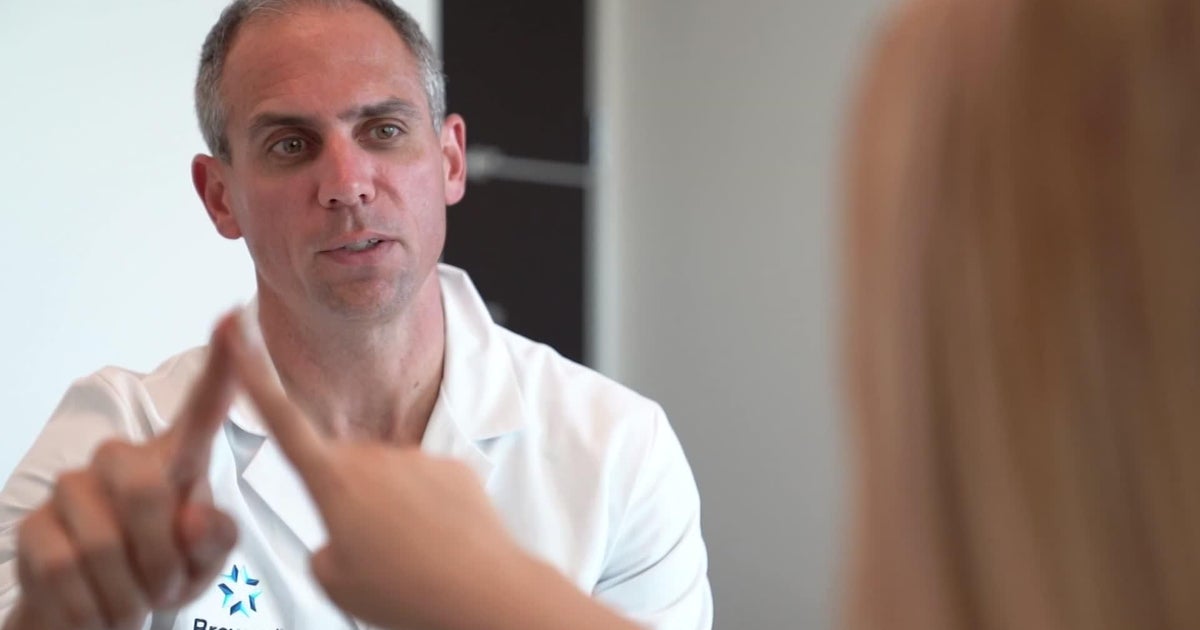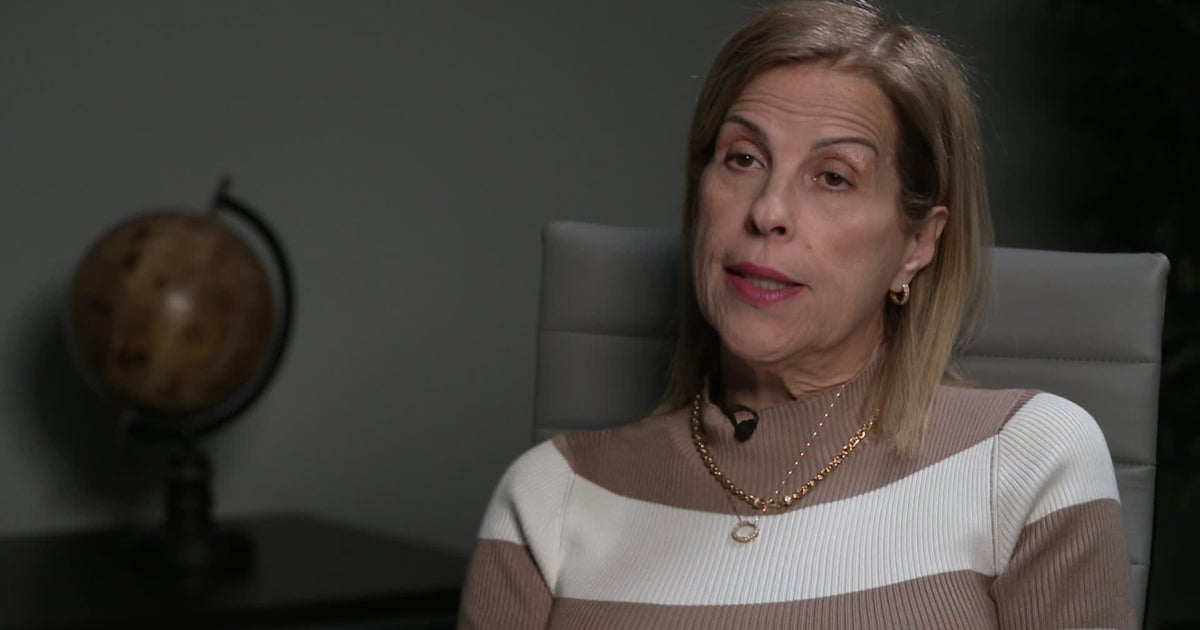Bernie Sanders Would Make Government Health Care Role Even Bigger
Follow CBSMIAMI.COM: Facebook | Twitter
WASHINGTON (CBSMiami/AP) — In an animated, campaign-style rally, Sen. Bernie Sanders unveiled his plan to remake the nation's convoluted health care system into federally run health insurance Wednesday — a costly proposal embraced by liberal activists hoping to steer the Democratic Party in upcoming elections.
The Vermont independent's plan would hand government a dominant role in insuring Americans, a crucial step, he said, in guaranteeing health care for all. Census Bureau data this week showed the proportion of people lacking policies falling to 8.8 percent last year under "Obamacare," the lowest level ever recorded, but he called it an "international disgrace" that not all Americans have coverage.
Though Sanders' plan is going nowhere in the current GOP-controlled Congress, he drew a big crowd to a packed and electrified Senate hearing room.
Hours earlier, Republican senators unveiled their own last-ditch, long-shot plan to scuttle President Barack Obama's 2010 statute and practically begged the White House to help.
"Pick up the phone" and ask governors to support the repeal effort, said Sen. Lindsey Graham, R-S.C., aiming his remarks at President Donald Trump. "Tell them this matters to you, that you weren't kidding about repealing and replacing Obamacare, that you actually meant it."
Shortly afterward, Trump issued a statement saying "I sincerely hope" the effort by Graham and three other GOP senators will succeed.
The waning desire of GOP lawmakers to revive their failed effort to scrap Obama's law contrasted with growing, though wary, Democratic support for Sanders' bill. It has attracted 16 co-sponsors, one-third of all Senate Democrats, though most are from safely Democratic states.
"Today we begin the long and difficult struggle to end the international disgrace of the United States, our great nation, being the only major country on Earth not to guarantee health care to all," Sanders declared.
Though his bill has no chance in the current Congress, the issue is enthusiastically backed by large segments of a Democratic Party hoping to capture House control in the 2018 elections. Sanders caucuses with Democrats and unexpectedly gave Hillary Clinton a tough run for the party's presidential nomination last year.
The room where Sanders spoke held more than 200 people, including members of unions and progressive groups. Many waved posters and chanted "Medicare for all," the name he has given his 96-page bill, which would gradually expand the health insurance program for the elderly to cover all Americans.
Nine other senators attended and most also spoke, including at least four potential 2020 presidential aspirants who almost seemed to be auditioning. Sen. Cory Booker, D-N.J., called the health care battle "a fight for our nation to live up to our ideals."
Cries for universal coverage and government-provided, single-payer health care have simmered among Democrats for decades.
The notion was submerged as Obama enacted his overhaul, which boosted federal spending and set coverage requirements but left much of the existing private system in place. About 156 million people get policies at work, about half of all those insured, with most of the rest getting coverage through Medicare or Medicaid or by buying individual plans.
But support among Democrats for Sanders' bill and similar measures by other Democrats, plus polling showing growing public backing, suggests the push for a single-payer system will be a major theme inside the party.
"We will defend it at every turn," Sen. Elizabeth Warren, D-Mass., another possible presidential hopeful, told the crowd about Obama's law. "But we will go further." Potential candidates Kirsten Gillibrand of New York and Kamala Harris of California also attended the event.
Sanders provided no details about the price tag of his measure or how it would be financed. Aides have said it would likely rely largely on income-adjusted premiums people would pay the government, ranging from zero for the poorest Americans to high levies on the rich and corporations.
People would no longer owe monthly premiums and other out-of-pocket costs like copayments, and companies would not have to offer coverage to workers. Sanders says most people and employers would save money.
The version he introduced during his 2016 presidential run was supposed to cost an enormous $1.4 trillion annually.
His plan would surpass Obama's law in covering a long list of services, including dental, vision, hospital, doctors and mental health costs. Copayments would be allowed for prescription drugs.
Many Democrats from politically competitive states have shied away from Sanders' plan, aware that Republicans are ready to cast it as a huge tax hike and government-run health care.
"The president as well as the majority of the country knows that the single-payer system that the Democrats are proposing is a horrible idea," said White House spokeswoman Sarah Huckabee Sanders. "I can't think of anything worse than having government being more involved in your health care instead of less involved."
Meanwhile, Graham and three other GOP senators released details of their proposal to erase many of the subsidies and coverage requirements of Obama's law and instead give block grants to states to help individuals pay for coverage.
"If you believe repealing and replacing Obamacare is a good idea, this is your best and only chance to make it happen because everything else has failed," Graham said.
Republicans lost the votes of three of their 52 senators in July on legislation aimed at Obamacare repeal. A special budget procedure that's allowed them to approve the legislation with just 51 votes, instead of the usual 60, expires Sept. 30.
With Democrats all opposed, that gives Republicans barely two weeks to succeed.
(TM and © Copyright 2017 CBS Radio Inc. and its relevant subsidiaries. CBS RADIO and EYE Logo TM and Copyright 2017 CBS Broadcasting Inc. Used under license. All Rights Reserved. This material may not be published, broadcast, rewritten, or redistributed. The Associated Press contributed to this report.)



